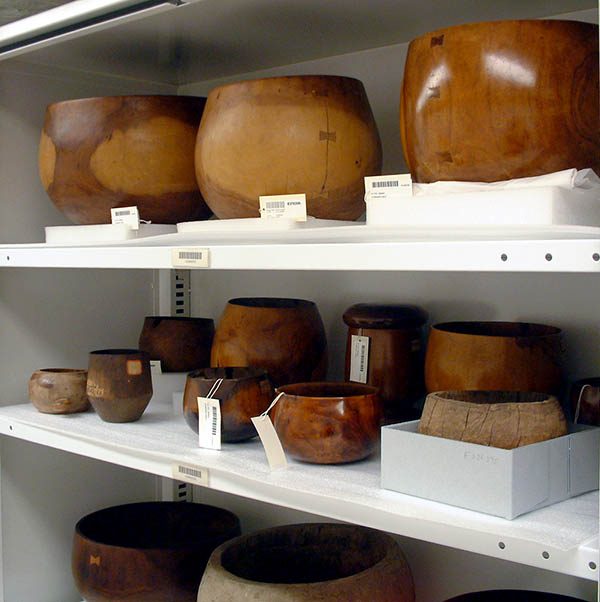 |
 |
 |
|||||
|
Poi Bowl on the Table:
“Part of the culture is that there’s always food on the table,” explains Nick Reppun, “and whoever comes is welcome to that. They share in your house, they share in your food. It just seems like a reasonable human thing to do to be able to welcome people in and give them a meal. It’s food and shelter, basic human necessities. “You don’t know who is going to stop by, so the poi bowl is always there and we’ve always got food for whoever does arrive. Most households would always have a bowl of poi on the table, or in the eating area, or whatever. And that’s kind of like, it’s just always there. You always add some more to it. You eat it down a ways and leave a little bit in there, and you add another fresh batch of poi, and mix that in. “There’s different protocol for eating out of that bowl. You’re not supposed to drag the poi up the side of the bowl. You’re supposed to use a certain hand to grab it. I think those are protocols of a past era that were developed for certain reasons, probably mostly hygiene I would guess. You smear it up the side, well, what’s going to happen, that’s going to just dry on the side of the bowl, and maybe nobody’s going to be able to eat it, or it’ll ferment faster or something. I don’t know.” “People talk about one-finger, two-finger, three-finger poi. That has to do with the thickness. If it’s really thick, with one finger you’ll get a nice mouthful. If it’s really thin, you got to go with three fingers. Hopefully not, but I like to think that the poi that we sell is closer to one-finger poi. “When the poi bowl is set down on the table, you’re supposed to have a certain level of respect, and that’s not just for the food that you’re eating, but for the company that you’re with, the other people with whom you’re sitting down. When you share a meal with somebody, it’s not a time to hold onto animosity or anything like that. Food is a sacred thing. You’re going to eat, we all put our differences aside and we eat the meal. “I’ve heard from some older taro farmers that they would never say a bad thing about their crop, about their taro. And that, I think, has to do with that familial relationship the Hawaiians have with taro: Hāloa being the older brother. When my dad and his brother were learning about farming and were trying to figure things out, they were going around talking to different people about practices, and like, ‘Oh, what about the quality of your taro?’ “And some of them, it doesn’t matter what the quality of the taro was. It’s always ‘good,’ and that’s, I think, part of that relationship. You don’t talk dirt about it or whatever, you know? It’s a reciprocal relationship: you take care. So if you’re badmouthing it, then it’s not going to take care of you. It’ll reciprocate that. “If we can all be so lucky as to have that capacity: if your poi bowl is always full, I would say life is pretty good.” |
|
|||||
|
|||||

